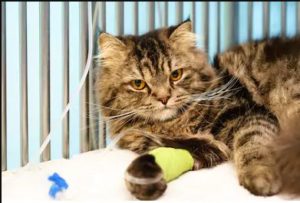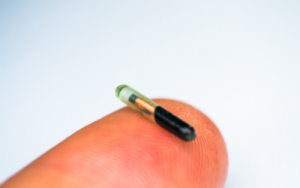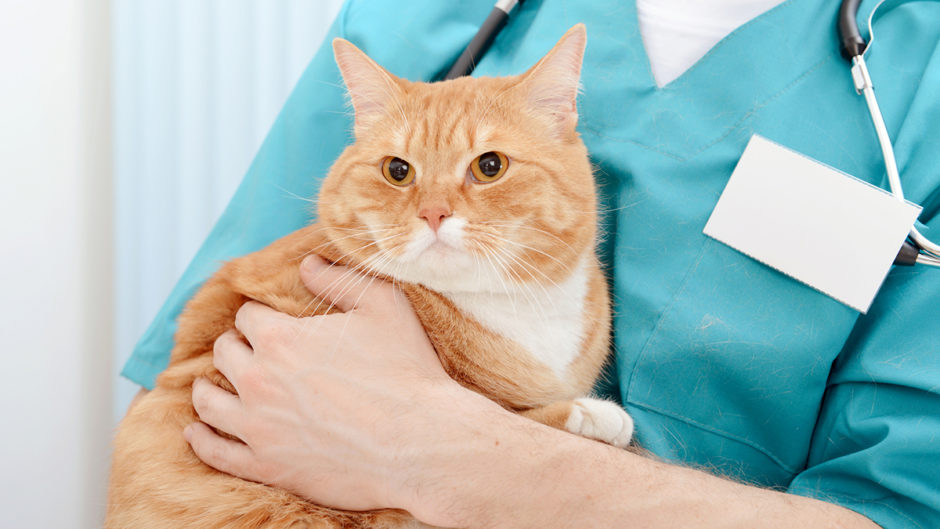For young puppies and kittens, clients are often given the choice whether or not they would like to proceed with optional items. These optional items include: pre-anesthetic bloodwork, coagulation profile, IV fluids and microchipping. Outlined below are brief explanations why we offer some of the additional services alongside your pet’s surgical procedure.
Pre-anesthetic Blood Work
Along with a thorough history and a pre-surgical exam, pre-anesthetic blood work helps provide a complete overall health assessment before any surgical procedures are performed and ensures your pet is fit to undergo anesthesia. Blood work provides information on critical organs such as the liver and kidneys which metabolize the anesthetic drugs. The better these organs are working, the speedier your pet’s recovery will be. Knowing this ahead of time helps the veterinarian better determine the safest drugs to use. Having a pre-anesthetic profile in your pet’s health record also provides a good baseline for his/her future veterinary care.

Coagulation Profile
We may also recommend that a coagulation profile be checked. Coagulation blood work allows the veterinarian to detect clotting problems prior to surgery. This test will help avoid bleeding complications during and/or after the procedure.
IV Fluids
Maintaining blood pressure and keeping your pet hydrated while having IV access in case of emergency are all important during his/her surgical procedure. Their IV fluid rate can be altered at any time during the surgical procedure to maintain a safe blood pressure while under general anesthesia. Staying hydrated is also important for your pet before, during and after surgery. Before his/her surgical procedure, your pet will be sedated and in turn will not be able to take in the required amount of water to keep them hydrated. IV fluids ensure that your pet receives the proper amount of fluids before, during and after the surgical procedure and prevents dehydration. In the rare event of an emergency, the IV catheter will provide our veterinary staff with a direct route to administer required medication.

Microchip
The day of surgery is the ideal time to have a microchip implanted as your pet will be under general anesthetic thus preventing any discomfort from the implantation needle. Microchips provide a means to identify your pet in the unfortunate event that he/she is lost or stolen. It is important to note that the microchip implanted in your pet is not a GPS tracking device. Your pet must be scanned with a microchip scanner to retrieve the microchip number which is registered to you. All shelters, rescue organizations and veterinary clinics are equipped with microchip scanners.


